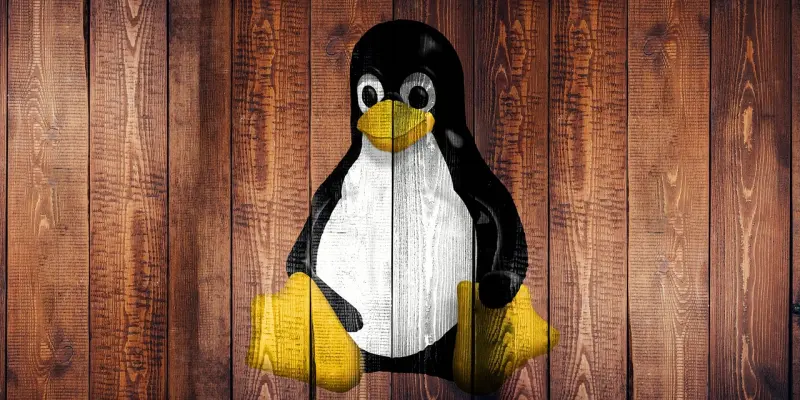In a world that increasingly prizes sustainability, the tech industry faces the challenge of addressing electronic waste without compromising innovation. With Earth Day being an annual reminder of environmental considerations, there has never been a better time to explore potential solutions. A compelling practice has emerged: repurposing aging computers by replacing resource-intensive operating systems with lighter Linux distributions. This environmentally friendly solution not only reduces electronic waste but also capitalizes on the longevity of existing hardware.
Extending Device Lifespan with Linux
Many older computers struggle to run modern operating systems like Windows 11 due to their demanding hardware requirements. New operating systems necessitate significant RAM, processing power, and storage capabilities, which many older machines lack. Instead of discarding these otherwise functional devices, users have increasingly turned to Linux. Linux distributions such as Linux Mint, Xubuntu, and Debian are specifically designed to be less resource-intensive. This means they can run efficiently on older hardware, providing a viable alternative to newer operating systems.
One of the primary advantages of using Linux on older machines is the vast range of distributions tailored for different performance levels. Whether a computer has a modest amount of RAM or an outdated processor, there is likely a Linux distribution capable of running smoothly. This extension of device lifespan not only avoids electronic waste but also curbs the demand for manufacturing new devices, which often involves significant energy consumption and environmental impact. Additionally, Linux distributions tend to include preinstalled software for daily tasks, such as web browsing, office work, and multimedia consumption, making the transition even more seamless for users.
Benefits of a Sustainable Tech Approach
Embracing Linux for older devices contributes to a broader movement of eco-conscious tech practices. Beyond extending the life of individual computers, this shift can have a meaningful cumulative effect on reducing electronic waste and environmental harm. Manufacturing new devices typically requires significant raw materials, energy, and, in some cases, involves unethical labor practices. By opting to upgrade software instead of hardware, consumers can make a tangible difference in sustainability efforts. Moreover, Linux distributions are often open-source and free, eliminating ongoing subscription costs and the need for frequent hardware upgrades due to software bloat. This cost-efficiency benefits not only individual users but also educational institutions, non-profits, and other budget-conscious organizations. Regular updates to Linux distributions ensure that even older computers receive security patches and new features, maintaining their relevance and functionality over time. Another crucial benefit is the enhanced privacy that comes with Linux systems. Unlike some commercial operating systems, Linux does not collect and monetize user data, appealing to those concerned with digital privacy. This combination of ethical technology use, cost savings, and privacy aligns well with the values of many users today, reinforcing the argument for wider adoption of Linux on older devices.
Transforming Tech Waste into Value
In a world that increasingly values sustainability, the tech industry faces growing pressure to tackle electronic waste without sacrificing innovation. Earth Day serves as a poignant annual reminder of the importance of environmental stewardship, making it an ideal time to explore impactful solutions. One promising practice has seen a resurgence: repurposing older computers by swapping out resource-hungry operating systems for more efficient Linux distributions. This environmentally conscious approach offers several benefits. It significantly reduces electronic waste, prolongs the life of existing hardware, and offers users a cost-effective way to keep their devices useful. Additionally, Linux distributions often require less computational power, allowing older machines to perform efficiently without the need for constant upgrades. By focusing on the adaptability and durability of existing devices, this strategy aligns well with sustainable values and technological innovation. As we strive for greener solutions, repurposing aging technology with lighter operating systems could play a crucial role in reducing electronic waste and conserving resources for future generations.

